The following outcomes are the results from a recent survey of election candidates by income equity group Closing the Gap’s recent survey of local body election candidates across the region.

Summary of Responses
Question 1 – Inequality
Wealth inequality and income inequality are the two issues of concern although income inequality is more frequently assessed because it is easier to measure.
What is your view of these inequalities in relation to how the organisation you are a candidate for might address them?
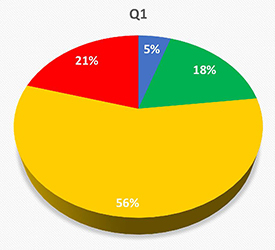
![]() Wealth inequality and income inequality are not issues which should be of concern to councils
Wealth inequality and income inequality are not issues which should be of concern to councils
![]() Wealth inequality is the most significant issue and councils can address this with the way they collect rates
Wealth inequality is the most significant issue and councils can address this with the way they collect rates
![]() Both wealth inequality and income inequality are important issues which need to be addressed by councils
Both wealth inequality and income inequality are important issues which need to be addressed by councils
![]() Income inequality is the most significant issue and councils can address this by leading by example
Income inequality is the most significant issue and councils can address this by leading by example
Question 2 – Public transport
Subsidising public transport would help address income inequality by providing cheap/zero-cost alternative transport and would address wealth inequality by enabling better access to other public services.
It would decrease the number of cars on our roads improving transport for all. If public transport is subsidised, who do you think should benefit?
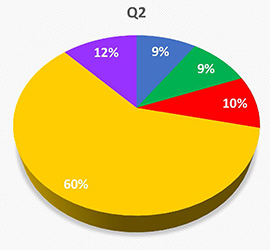
![]() Free for Senior Card Holders (outside peak hours) (i.e. the status quo)
Free for Senior Card Holders (outside peak hours) (i.e. the status quo)
![]() Free for children (15 years old and under) at all times
Free for children (15 years old and under) at all times
![]() Free for Community Service Card holders at all times
Free for Community Service Card holders at all times
![]() Free public transport for all the above at the times specified
Free public transport for all the above at the times specified
![]() Free public transport for all at all times
Free public transport for all at all times
Question 3 – Living Wage
The living wage (2019) is $21.15/hr and is calculated on a national basis quantifying an hourly wage that a family of four requires to live based on one partner working full time and the other partner working half time.
The current minimum wage is $17.70. How do you think the living wage should be implemented by your council?
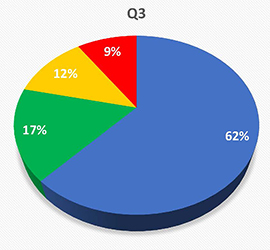
![]() Councils should pay their own staff, any CCO staff, and council contractors’ staff at least the Living Wage
Councils should pay their own staff, any CCO staff, and council contractors’ staff at least the Living Wage
![]() Councils should encourage local businesses to pay at least the Living Wage
Councils should encourage local businesses to pay at least the Living Wage
![]() Councils need only to ensure their staff are paid the current Living Wage
Councils need only to ensure their staff are paid the current Living Wage
![]() Councils need only adhere to current employment law and should not dictate to contractors
Councils need only adhere to current employment law and should not dictate to contractors
Question 4 – Living Wage
Do you think councils should be proactive in promoting the living wage to other organisations in the community?
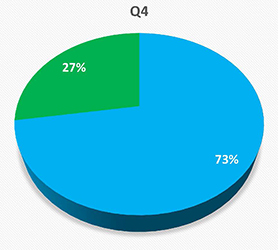
![]() Yes
Yes
![]() No
No
Question 5 – Social Housing
Social housing is housing owned by councils and rented to tenants. How much should councils be involved with social housing?
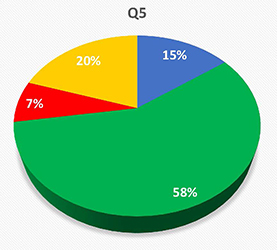
![]() Social housing should not be part of council business
Social housing should not be part of council business
![]() Council should only promote independent providers of social housing
Council should only promote independent providers of social housing
![]() Council should retain ownership of some social housing
Council should retain ownership of some social housing
![]() Council should be fully and exclusively involved in social housing
Council should be fully and exclusively involved in social housing
Question 6 – Community Housing
Community housing is housing provided by the community via whatever mechanisms work for the community and with the object of the housing being owned by the occupiers.
The one family, one plot of ground kiwi concept appears to be diminishing and new international trends are emerging in our landscape with community models. How much should councils be involved with community housing initiatives?
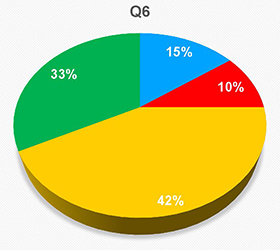
![]() Community housing should not be part of council business
Community housing should not be part of council business
![]() Clear council land with poor housing standards and build new housing with ‘community’
Clear council land with poor housing standards and build new housing with ‘community’
![]() Sell all exisiting social housing to progressively convert the areas to community housing
Sell all exisiting social housing to progressively convert the areas to community housing
![]() Provide ongoing financial and/or other tangible support to housing initiatives such as Housing First
Provide ongoing financial and/or other tangible support to housing initiatives such as Housing First
Question 7 – Rating System
In 1879 Henry George published Progress and Poverty in which he pointed out that, perversely, poverty increased with increasing progress and that the cause of this was the accumulation of unearned wealth based on the increasing value of monopoly ownership of land.
His solution was land value tax. What is your position on progressively moving rates which are currently based on capital value to rates based on land value?
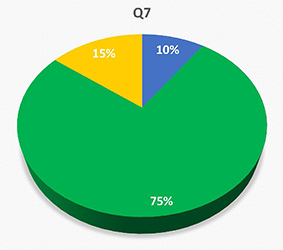
![]() I would definitely support this change
I would definitely support this change
![]() The rating system should be progressively moved to a user-pays system for everything
The rating system should be progressively moved to a user-pays system for everything
![]() I would support a detailed study of how this would be accomplished and the effects it would have
I would support a detailed study of how this would be accomplished and the effects it would have
![]() People deserve all the wealth they acquire through monopoly ownership of natural resources (0%)
People deserve all the wealth they acquire through monopoly ownership of natural resources (0%)
Question 8 – Rating System
Some rating systems (e.g. the Tauranga rating system) include a uniform annual general charge (UAGC) which has the general effect of ratepayers of lower socio-economic status subsidising the unearned wealth accumulation of wealthier ratepayers.
What is your position on phasing out the UAGC where it applies?
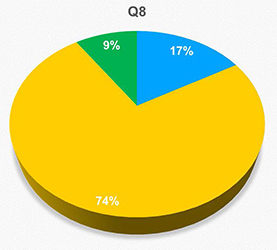
![]() I would definitely support this change
I would definitely support this change
![]() The rating system should be progressively moved to a user-pays system for everything
The rating system should be progressively moved to a user-pays system for everything
![]() I would support a detailed study of how this would be accomplished and the effects it would have
I would support a detailed study of how this would be accomplished and the effects it would have
![]() People deserve all the wealth they acquire through monopoly ownership of natural resources (0%)
People deserve all the wealth they acquire through monopoly ownership of natural resources (0%)
Question 9 – Wellbeing
Improving standards for children, Maori and Pasifika, Mental Health, infrastructure, and environment are at the heart of Central government’s 2019 Wellbeing Budget.
How can councils support the thrust of Central Government’s budget?
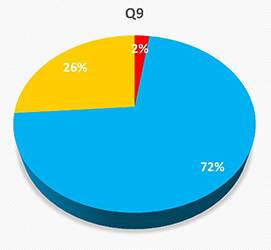
![]() Only follow the directives given by Central Government
Only follow the directives given by Central Government
![]() Keep focused on core council work
Keep focused on core council work
![]() Take a proactive stance by increasing community inclusiveness outside of stipulated areas
Take a proactive stance by increasing community inclusiveness outside of stipulated areas
Question 10 – Knowledge of Council Staff Salaries
Many people are interested to know the range of salaries and wages paid by Council as well as the numbers of employees in the various wages and salary bands.
Do you support the regular publication of councils’ wages and salary bands with strict adherence to band width which may identify the income of individual staff members at both the low and high end of the spectrum?
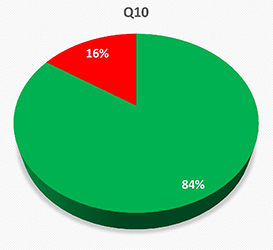
![]() Yes
Yes
![]() No
No
Intentions of the Closing the Gap survey
You can read more about the purpose and goals behind the Closing the Gap survey here.
Read the specific responses from candidates for:











































































